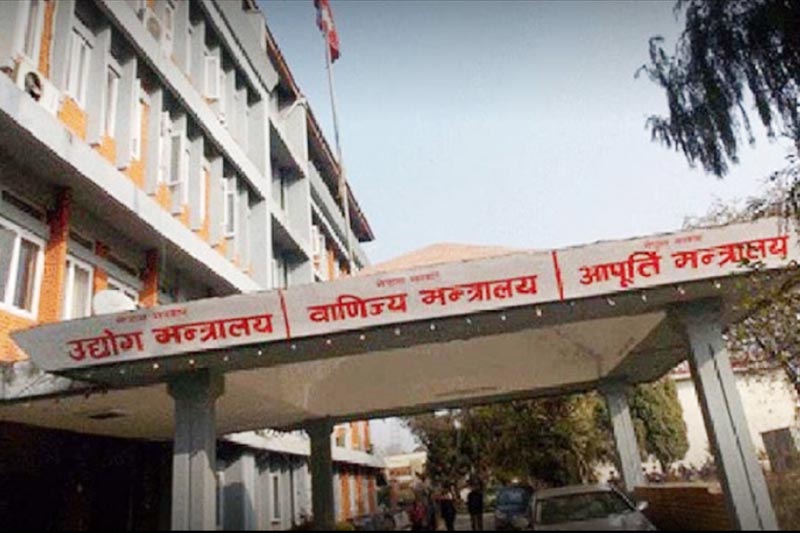Government approves regulation to protect domestic industries
KATHMANDU, JANUARY 4
The government has approved Safeguards, Anti-dumping and Countervailing Regulation.
The regulation is basically aimed at protecting and promoting the local manufacturers.
The regulation allows imposing additional import tax on foreign goods that are dumped in the Nepali market or are highly subsidised, which have been affecting the market of similar domestic products.
According to the Ministry of Industry, Commerce and Supplies (MoICS), the bill intends to control the import of such goods by levying countervailing duties and anti-dumping duties at the customs besides regular import duties being levied on such products.
Generally, countervailing duties (CVDs) are protectionist tariffs levied by the government on imported goods to offset subsidies given to producers of these goods in the exporting country.
Similarly, anti-dumping duty is such tariff that the government levies on imported goods which are found priced below the fair market value of such products.
According to the ministry, the bill of the regulation had been approved in November last year. However, the formal letter from Cabinet was received only recently. The bill of Safeguards Anti-dumping and Countervailing Act 2019 had already been passed by the parliament in February, 2019. However in absence of the regulation, the act was not being implemented properly.
The ministry has claimed that the regulation will help to promote domestic products over foreign products.
As per the law, additional duty will be levied along with customs duty if it is found that imported goods have been dumped, said Urmila KC, spokesperson for the ministry.
As per her, similarly, if the import of any commodity exceeds requirement, the regulation will allow to completely or partially ban such commodities. For this, the ministry is preparing to impose extra duty and tariff rate on such goods.
“After the implementation of the act, it will prevent unnecessary imports, imports at less than cost price and excessive import of subsidised goods,” she added.
The private sector had been demanding such a law for a long time.






